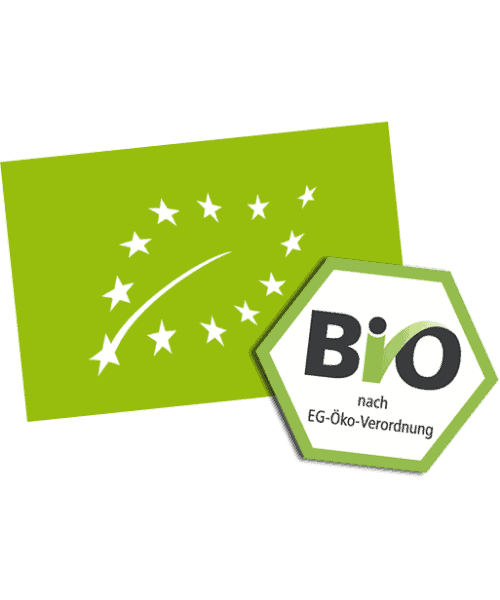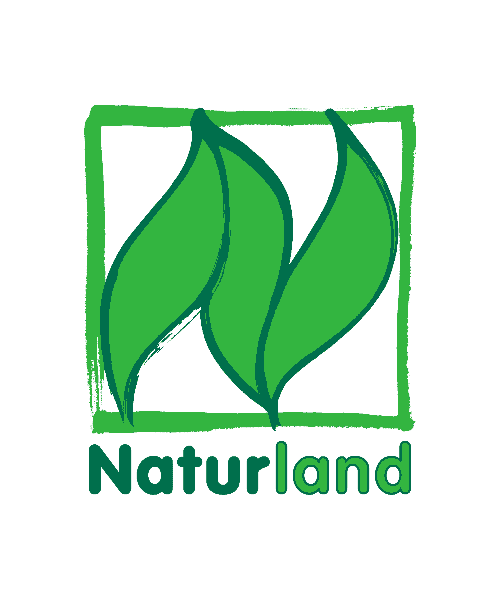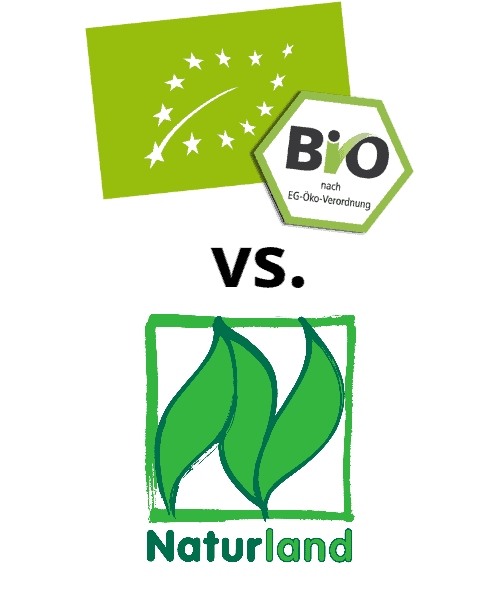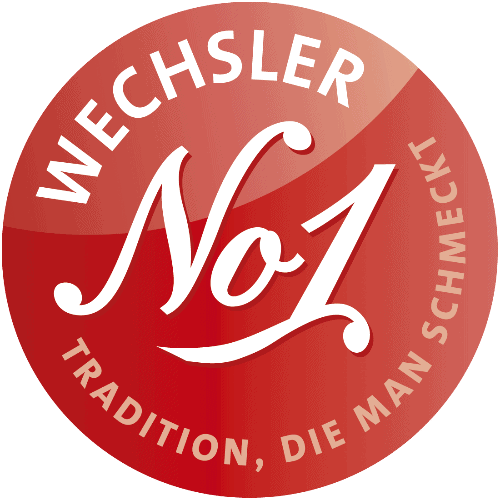Sustainability
Organic and Naturland
Organic and Naturland
ESF and EEL FOREVER
Eel Stewardship Fund
IFS Food
International Featured Standards Food
Organic and Naturland
Where in the EU organic aquaculture for example 25 kg trout per square meter are allowed, are only in Naturland aquaculture 20 kg/m2. Naturland also regulates the use of antibiotics and conventional medicines much more strictly and in some cases prohibits them.
Naturland farmers and processors work to the highest ecological standards. They produce high-quality food without genetic engineering - to protect the environment and consumers. In addition, Naturland was the first provider for certification.
In the meantime, Naturland has over 53.000 Members of one of the largest organic farming associations. As a future-oriented association, Naturland believes that ecological competence and social responsibility go hand in hand.
We have been crossing with Naturland since 20 years to a reliable partner, who – just like us – care about species-appropriate and sustainable animal husbandry and ecological balance.

Overview of the certificates:

EC Organic Regulation

Naturland regulations

Comparison
More on organic aquaculture
Detailed information on Naturland-certified aquaculture can be found here:
Essen, what you want to save.
… this motto of the Slow Food campaign also helps the eel. That's why we have 2009 die „Initiative to promote the European eel” (IFEA) Together with fishermen, traders and other eel processors, to rebuild stocks. Because the endangered delicacy has a long tradition with us. At least we have 1960 with the eel, which we still smoke over open beech wood fires in our Altona ovens, begun.
So go from every kilogram of eel, that is sold, 50 Cent an die Aal-Initiative, the so about the Eel Stewardship Fund (ESF) Initiated and financed measures to protect migratory fish. This includes more than eel stocking. Because the threats to the eel are manifold. It is one of the favorite foods of cormorants and herons, which have increased greatly due to their protected status. In addition, the large power plant operators make it difficult for the eel. In Germany alone, more than 7.600 Hydroelectric power stations and thousands of weirs make their way from our lakes and rivers into the sea to the spawning grounds. It doesn't have to be like this, but the required upgrades cost money and must be managed by a lobby, who campaigns for the eel, be claimed.
So every eaten eel helps the entire stock and does not allow this delicacy to be forgotten.

Overview of the initiatives:

ESF

EEL FOREVER
You too can help!
To actively protect European eel stocks, look out for the ESF seal when purchasing. Because this is how you support the promotion- and protections from the Eel Stewardship Fund and the European Eel Promotion Initiative.
You can find detailed information on this under the following link:
IFS Food Standard
The IFS Food is a standard for auditing suppliers to the trade and refers to the companies, that process food or companies that pack bulk food products.
Der IFS Food Version 6.1 contains 250 Requirements. These are in 5 divided into areas:
AREA 1: Corporate responsibility contains requirements about corporate policy, Structure, Customer focus and management evaluation
AREA 2: Quality management system largely deals with the HACCP system, the document requirements and the records.
AREA 3: Resource management includes the requirements for personal hygiene, protective clothing, training and staffing facilities
AREA 4: Production process is the largest section in the standard and deals with product specifications, among other things, the buying, the packing, the operating equipment, of housekeeping, of pest control, traceability, etc.
BEREÍCH 5: The last section deals with internal audits, the product analysis, product recall, Management of improvement actions, etc.

Overview of the certificates:

IFS Food
Green electricity certified
At Wechsler Feinfisch we rely on sustainability and renewable energies.
Our own photovoltaic system on the roof is already producing 20% our electricity needs, while the rest comes from regional renewable energy sources. Our power supply is provided by a TÜV NORD-certified system operator, who acts in accordance with the EE criteria catalog.
We are proud of it, to make a contribution to climate protection, by relying on green electricity from renewable sources. Proof of the origin of our electricity is provided by a “System declaration as the basis for issuing the certificate of origin in accordance with Section 17 EEG”.



